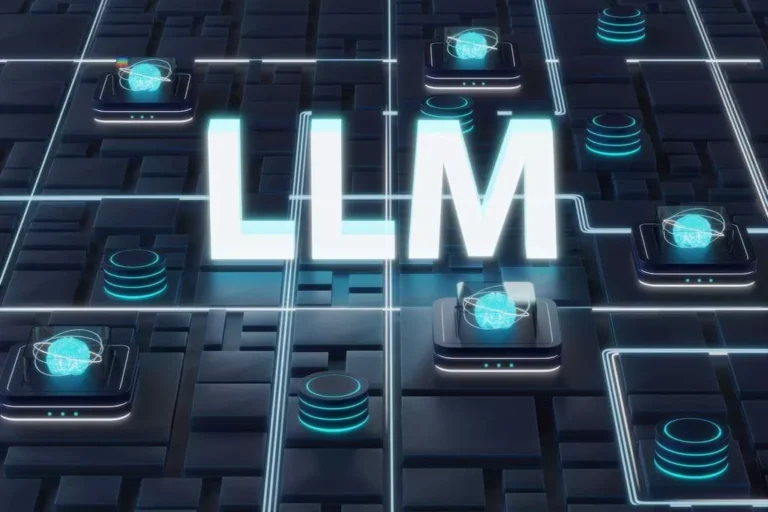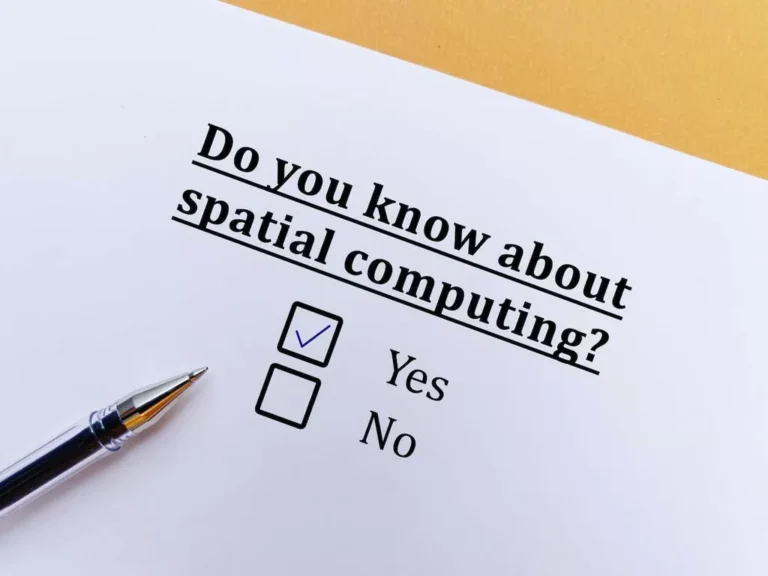It improves effectivity, data accuracy, and decision-making by offering real-time insights. It helps organizations streamline their operations, scale back prices, and improve effectivity. ERP systems are designed to combine all aspects of a enterprise, from buyer relationship administration (CRM) to stock administration and financials. By understanding the key elements, benefits, deployment choices, and future developments of ERP techniques, organizations can make knowledgeable selections about the right ERP answer for his or her wants and ensure a successful implementation. As expertise continues to advance and reshape the world of ERP, companies that keep abreast of those developments will be well-positioned to thrive within the competitive panorama of the modern enterprise.
How Do Erp Techniques Work?
The finest means an enterprise useful resource planning system can ship the most value is when an organization takes benefit of modules for every business operate. By having a central location for all business data, ERP implementation cuts out the silos that complicate knowledge assortment and create information duplication challenges for a lot of companies. The new system (the ERP model) serves as a single-source-of-truth software program answer. Enterprise useful resource planning software presents single-system solutions that integrate processes across the enterprise. These applications allow users to interact inside a single interface, share info, and allow cross-functional collaboration.
ERP systems work by integrating core business processes into modules that may communicate seamlessly with one another. For instance, an ERP may need separate modules for inventory, sales, finance, and buyer administration. ERP techniques improve operational effectivity, enhance collaboration across departments, present real-time information insights, and assist strategic decision-making. They additionally help reduce prices by streamlining processes and enhancing resource allocation. In addition to these core features, provide chain and logistics modules can even assist other associated actions, similar to provider collaboration, commerce compliance, and reverse logistics.
A company can choose and select which modules are finest fitted to their business. Discovering cloud purposes that complement your legacy ERP software modules enables you to immediately benefit from rapidly advancing new technologies and improving consumer paradigms. These present complimentary methods that deliver instant enterprise capabilities and worth without a elementary change in your operations.
As A End Result Of ERPs cover a broad scope of business options, ERP platforms are divided into several sections referred to as modules. ERP modules are specific components of an Enterprise Resource Planning (ERP) system. Put simply, it’s a operate of software program that is uniquely designed to deal with a enterprise course of. CRM methods concentrate on customer satisfaction and loyalty, while ERP techniques streamline and optimize core business processes.
S/4hana Cloud
- The secret is to prevent ERP initiatives from being break up into smaller initiatives, which may result in cost overruns.
- A full ERP suite additionally includes enterprise performance administration, software that helps plan, price range, predict, and report on an organization’s monetary outcomes.
- They supply the performance of bigger ERP systems but are often customizable and scalable, allowing businesses to select solely the options they need.
- For the small business market, some distributors make entry-level ERP that comes with core HR, finance and other generally used modules, similar to order management and CRM, and is relatively simple to implement.
- If their business needs are complicated, they might add a warehouse management system (WMS) and transportation administration system (TMS) — perhaps from completely different software distributors — to handle these logistics functions.
When the manufacturing trade began booming within the 1980s, new software emerged to combine all of those processes in one place. In the 1990s, ERP was launched, combining accounting, finance, gross sales, manufacturing, inventory, human sources, and project administration. SAP is a market chief in enterprise useful resource planning (ERP) techniques and offers a variety of options to handle business processes and relationships.

It serves prospects in over 180 countries and provides on-premises, cloud, and hybrid deployment models, focusing on cloud computing. ERP stands for enterprise useful resource planning and is a type of software program system that automates and manages core enterprise processes such as finance, HR, manufacturing, provide chain operations, and extra to optimize performance. ERP also integrates with front-office functions to construct holistic views of shoppers, together with buyer relationship administration (CRM) options. Additionally, cloud-based ERP applications are often embedded with next-generation technologies, such because the internet of things (IoT), blockchain, AI, machine studying, and digital assistants. These advanced technologies ship data and capabilities that not only enhance many traditional ERP features; they create new alternatives for increased efficiencies, new services, and deeper insight throughout an enterprise. Since ERP systems are comprehensive throughout an enterprise, their management typically involves a partnership with the CFO in addition to custom erp development the CIO, COO, and different key executive leaders.
The Suite LoB Options differ from the S/4HANA LoB Options in that they are installed individually from S/4HANA. The “double” licensing of options, the place a consumer should have an SAP person license for the LoB Options and in addition https://www.globalcloudteam.com/ license the solution, is eradicated in the new licensing mannequin. In precept, a mix of S/4HANA Cloud and S/4HANA On-Premise is also potential. Companies can run chosen processes, corresponding to core processes, domestically on their own servers with SAP S/4HANA On-Premise.

ERPs were originally designed for manufacturing firms however have since expanded to serve almost each trade, each of which may have its personal ERP peculiarities and offerings. For instance, government ERP uses contract lifecycle administration (CLM) rather than traditional purchasing and follows authorities accounting guidelines somewhat than GAAP. In the previous, implementing an ERP software system required a big funding in money and time that solely large companies may afford, although it usually improved productivity drastically.

Businesses make use of enterprise resource planning (ERP) for varied causes, such as increasing, lowering costs, and improving operations. The benefits sought and realized between firms could differ; nevertheless, some are value noting. You can consider an enterprise resource planning system because the glue that binds together the totally different computer methods for a large organization.
By accumulating an organization’s shared transactional information from a number of sources, ERP methods get rid of data duplication and supply data integrity with a single supply of reality. These include stock Data as a Product management, warehousing, distribution, and accounting (purchasing, sales, and financial) modules. Enterprise software techniques gather enterprise knowledge from day-to-day business processes and generate huge knowledge.










